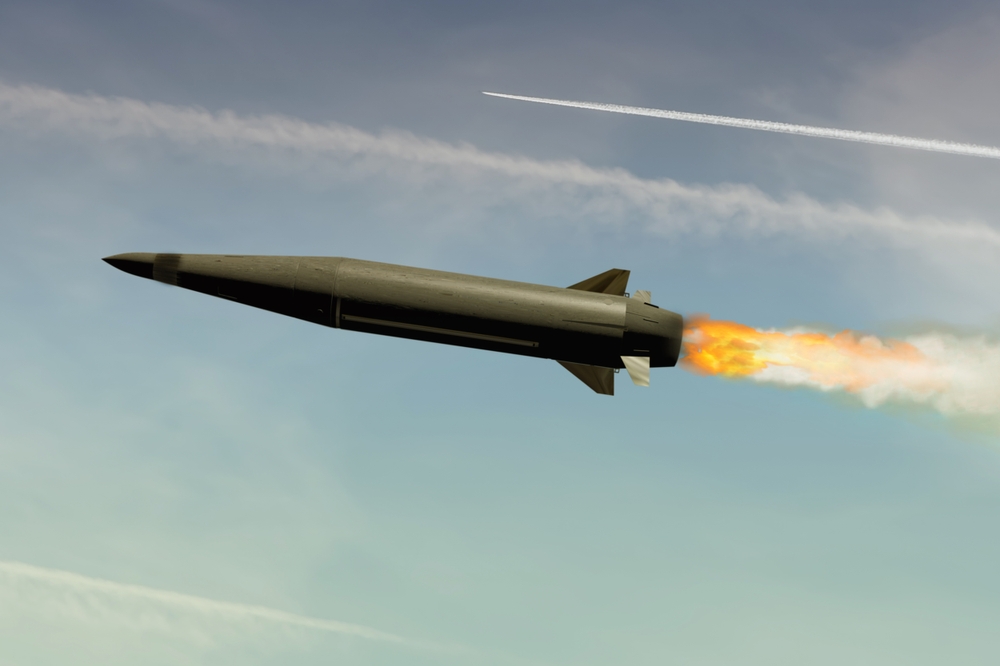Western component have been found i North Korean missiles.
Others are reading now
Ukrainian defense intelligence experts have uncovered a large number of Western-made components in North Korea’s KN-23 ballistic missiles.
The discovery was announced on the official Telegram page of Ukraine’s Main Intelligence Directorate (GUR).
According to GUR, Russia has acquired approximately 100 KN-23 ballistic missiles (Korean designation: 화성-11가형), which are being actively used in strikes against Ukraine.
The frequent use of these missiles has allowed experts to recover and analyze surviving components, revealing that many of them are made by companies in the United States, Europe, and Asia.
Also read
This finding suggests that North Korea heavily relies on Western civilian components, which directly impacts the quality and performance of its weapons.
For example, one KN-23 missile contained car bearings, originally designed for use in vehicles, to turn its steering mechanisms. These bearings, manufactured by Japanese companies such as SNR, NTN, and NSK, are not suitable for the extreme temperatures and pressures experienced during missile operations.
A report by Conflict Armament Research (CAR) documented over 290 foreign-made electronic components in a KN-23 missile launched by Russian forces at Kharkiv in January 2024. These included 50 unique models, with markings identifying 26 companies across eight countries: China, Germany, Japan, the Netherlands, Singapore, Switzerland, Taiwan, and the United States.
North Korean KN-23 missiles have played a significant role in Russia’s attacks on Ukraine. According to Ukrainian Air Force data, about a third of the ballistic missiles used by Russia in 2024 have been KN-23s. Out of 194 ballistic missiles fired at Ukraine as of November 23, around 60 were North Korean-made.
This highlights the growing reliance of both North Korea and Russia on foreign-made components, raising concerns about the global supply chain’s role in the ongoing conflict.

